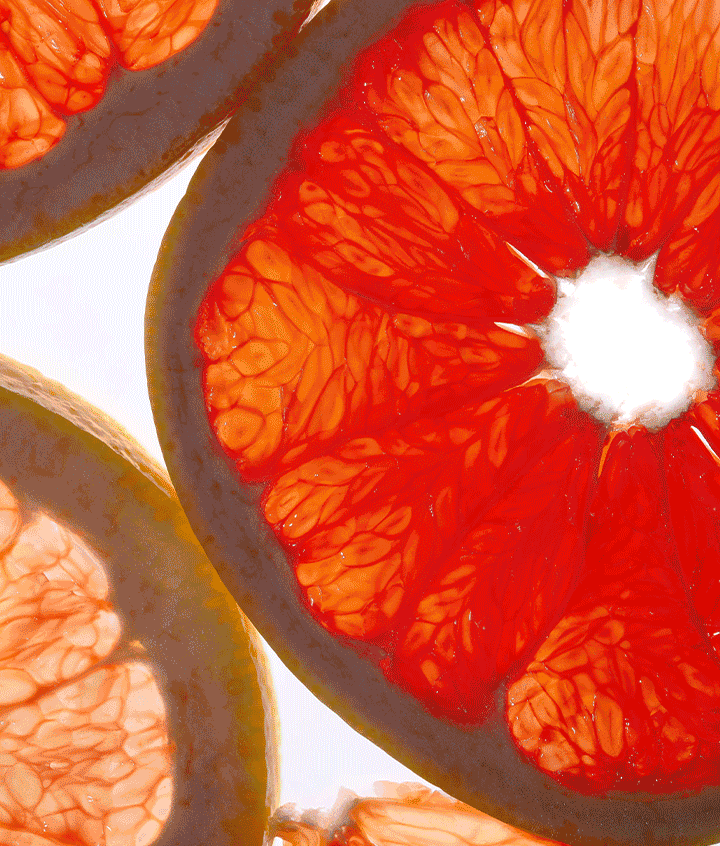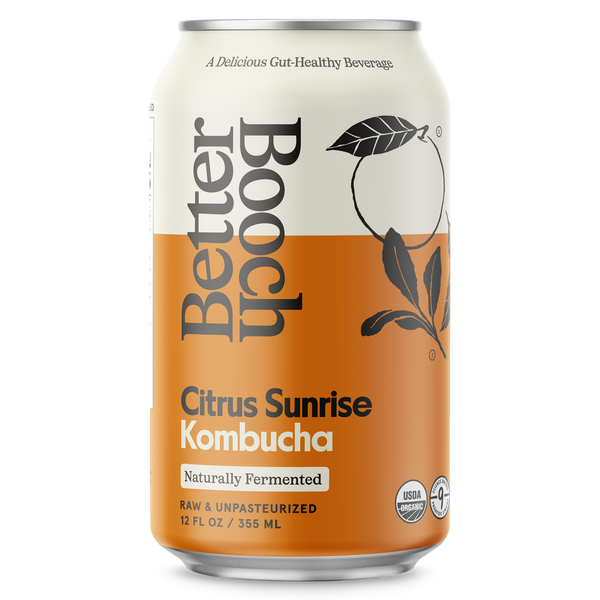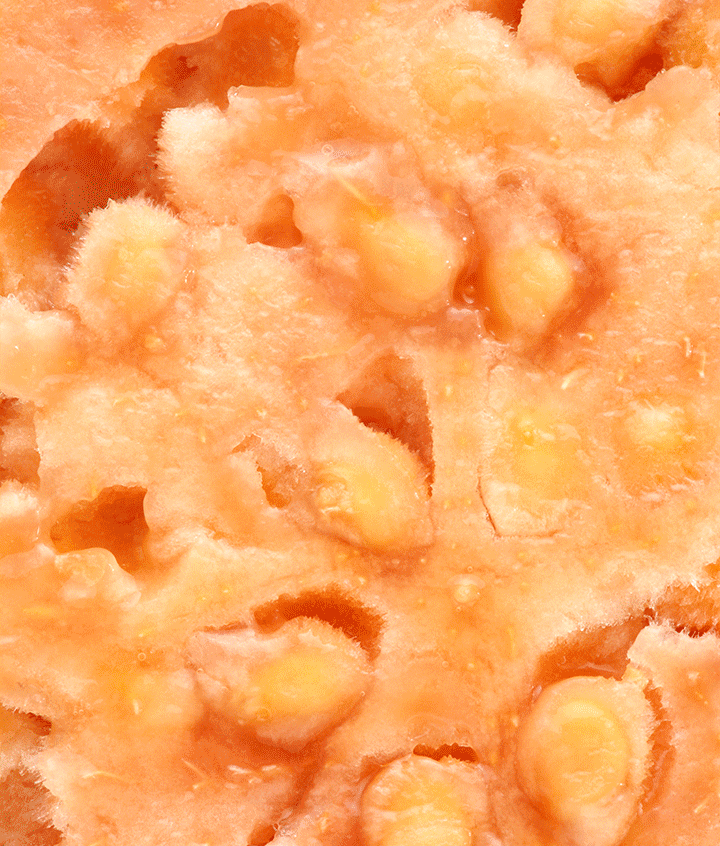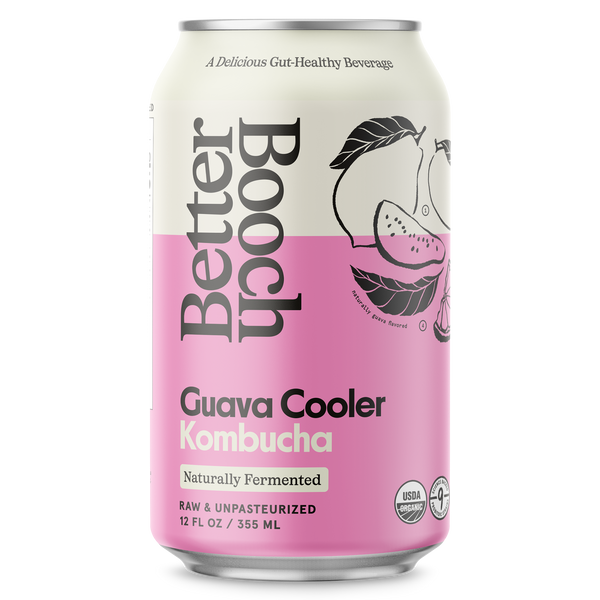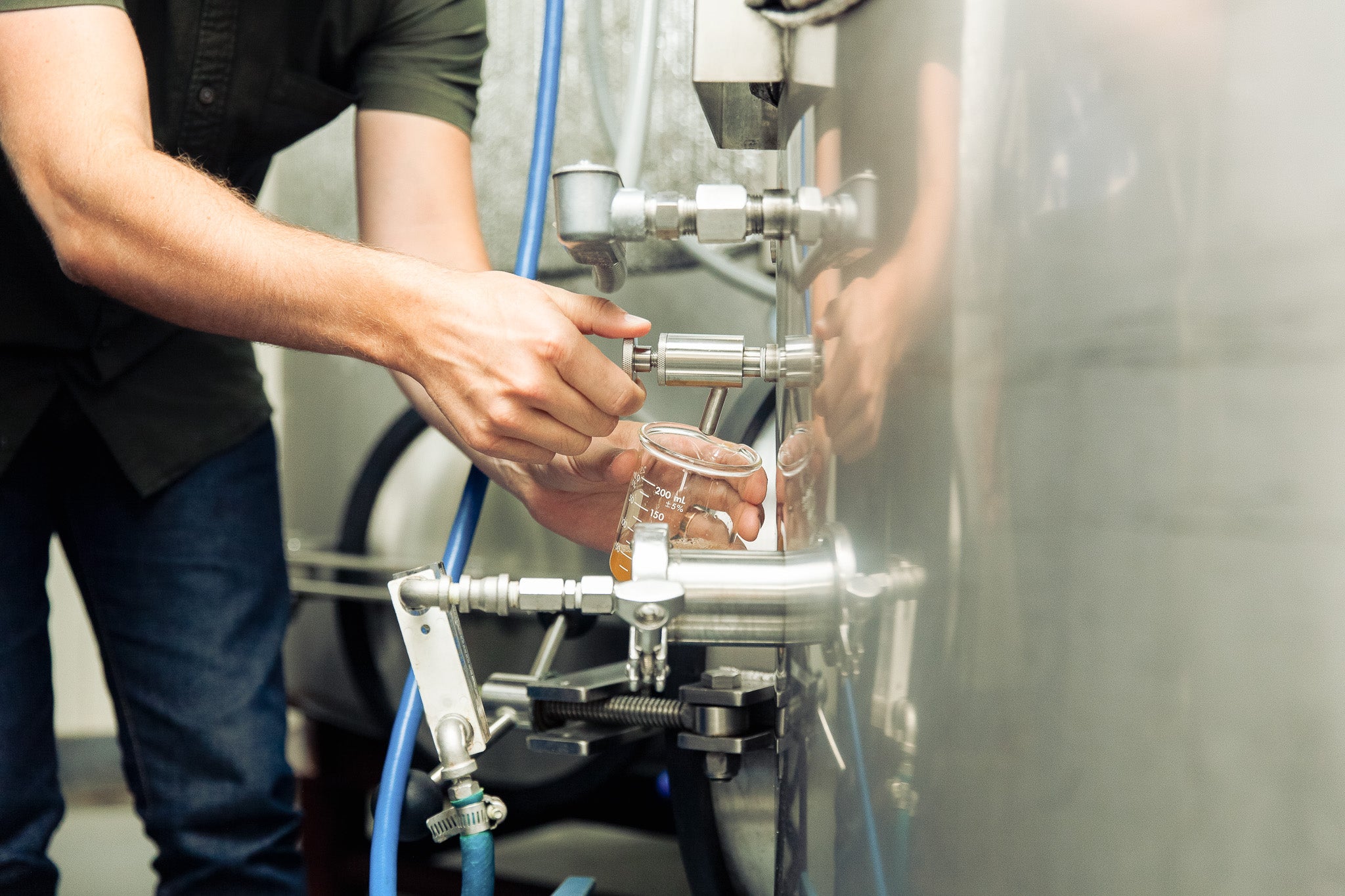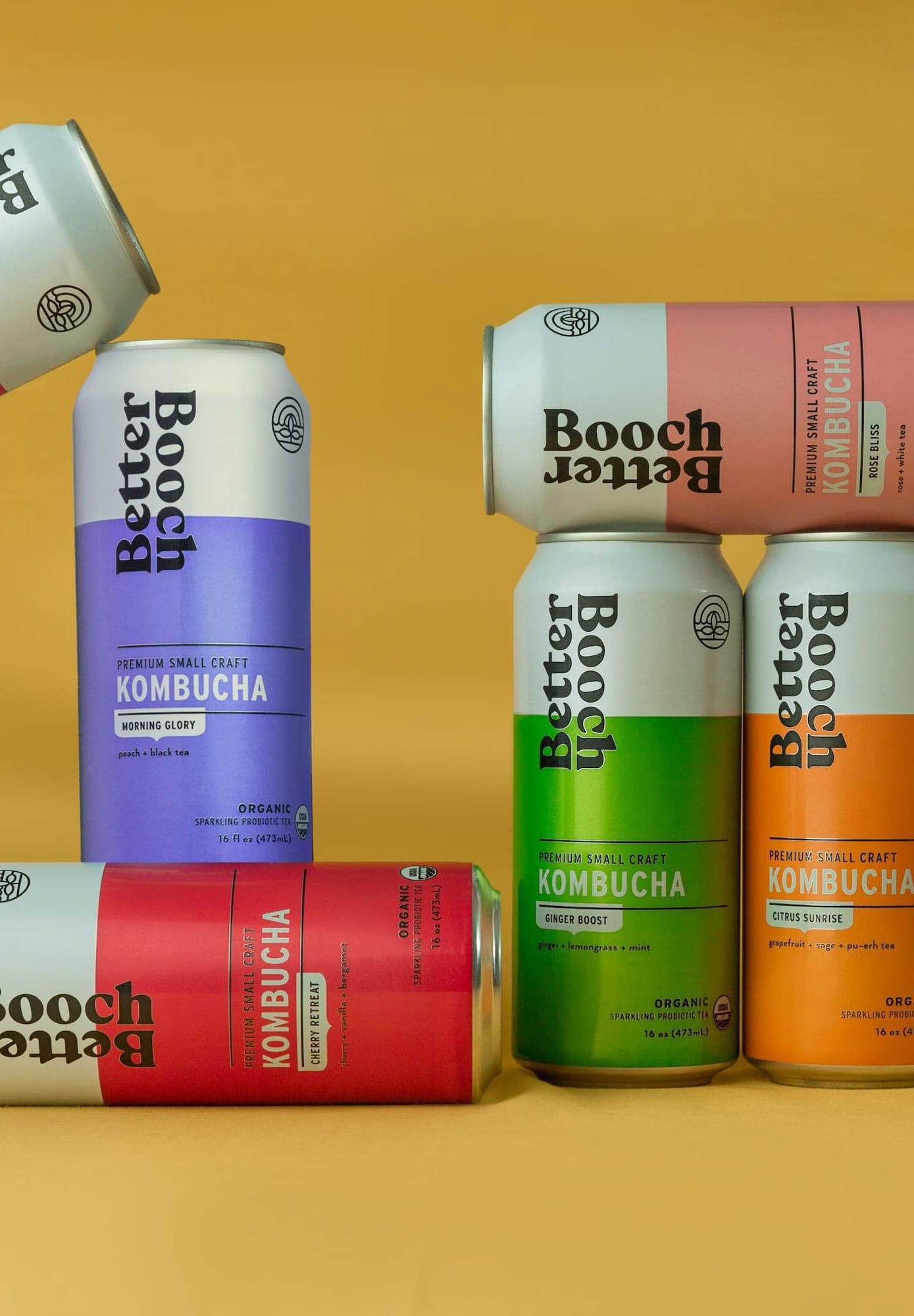A lot of folks flock to kombucha because of its health benefits but some brands are packed full of sugar which kinda feels like that defeats the whole purpose of booch. That’s not our vibe. At Better Booch, we’ve spent years mastering the science of booch brewing and have learned tons about kombucha sugar content and how to keep it on the low (psssst… we have some of the lowest sugar booch on the market).
So today, we’re going to examine sugar and the role it plays in the kombucha brewing process, because knowledge is power friends!
Kombucha sugar content 101
When brewed properly, the recipe for kombucha remains simple and traditional – tea, water, sugar, and a symbiotic culture of bacteria and yeast (aka SCOBY). Sugar plays an important role in the fermentation process. Tea is combined with sugar and the SCOBY, and left to ferment for 7-14 days. The yeast in the culture “consumes” the sugar and converts it into alcohol and CO2 (natural carbonation); then, the bacteria converts the caffeine from the tea, and the alcohol created by the yeast, into live probiotics and beneficial, detoxifying acids like acetic and glucuronic acids. And because the sugar is consumed by the yeast during fermentation, there is very little left over once the booch makes it to the can.
Sugar fuels the fermentation process and sets off a chain reaction that naturally creates a bunch of things our bodies love – leaving very little sugar left over.
What about sugar free kombucha?
Because sugar is absolutely necessary to fuel fermentation, any brand that offers sugar free kombucha is not really offering a traditional brew. Many of the leading kombucha brands on shelf today actually pasteurize their brew to make shipping easier and distribution cheaper, but pasteurization effectively ‘kills’ the live microorganisms in the brew, like probiotics.
With this process, the naturally-occurring probiotics ‘die’ during pasteurization and probiotic supplements are then added to the brew after the fact. And, research shows that getting nutrients from supplements isn’t the same as getting them naturally. So if you’re looking to drink booch to improve gut health, get more antioxidants, or boost your immune system, then choose a traditional brew that’s made with real sugar.
Sugar vs Stevia
By now you may be thinking… If fermentation is fed by sugar then maybe it’s possible to brew kombucha with stevia? Since stevia is a non-caloric sweetener and doesn’t contain any sugar, the microbes don’t have anything to make probiotics with and can’t fuel fermentation. Brands that have stevia in their kombucha are adding it after fermentation to flavor their brew.


How much sugar is in kombucha and other drinks?
We do things a little differently at Better Booch, so our kombucha sugar content is lower than most brands. To give you a better idea, we’ve outlined some popular beverages and included their sugar content below.
Beverage |
Sugar in 8oz Serving |
| Better Booch | 5g |
| Other Kombucha Brands | 12g |
| Sports Drinks | 16g |
| Orange Juice | 21g |
| Soda | 30g |
How we keep sugar low the Better Booch way
Working in a traditional English tea house growing up taught us that with the right process, tea blends could replace sugary additives to flavor our brew. At Better Booch we don’t add any sugar to the brew after fermentation; instead we use loose-leaf teas, botanicals, herbs, and adaptogens to flavor our brew and nothing else!
Brewing kombucha is as much science as art. We’re a booch that can do both. The brain registers flavor at a variety of points on the tongue, so our kombucha contains a delicate balance of acids, which gives the perception of sweetness without any added sugar.
